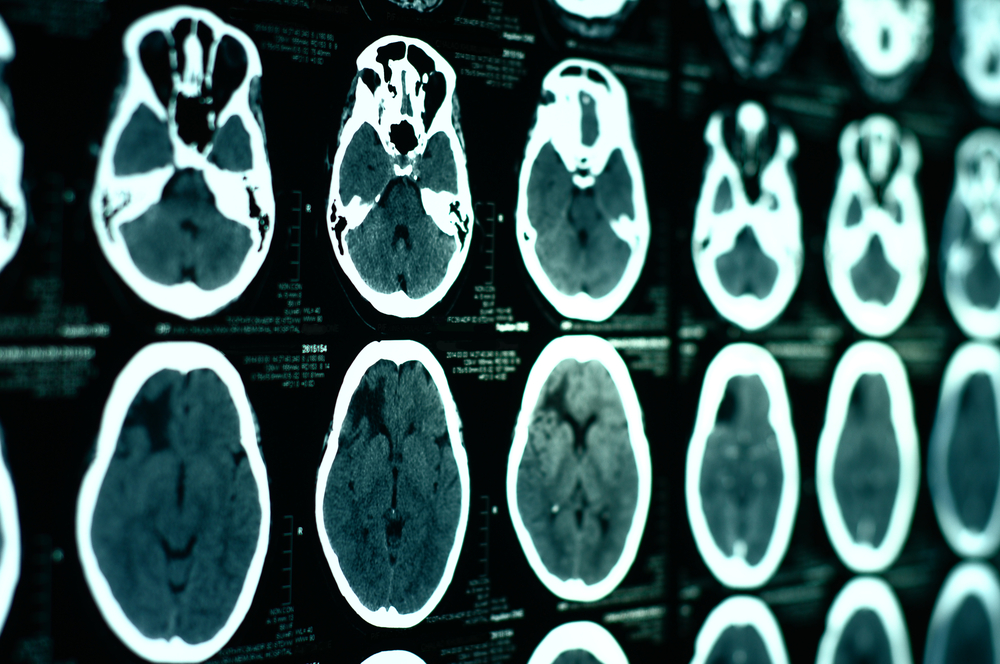Huntington’s Disease Researcher at University of Wyoming Granted Patent for Novel Treatment Approach
Written by |

The University of Wyoming was recently granted a patent for a therapeutic technique that targets the mutant protein causing Huntington’s disease, and may lead to a new way of treating people with Huntington’s and other neurodegenerative diseases.
Its inventor, Jonathan Fox, is a veterinary pathologist and associate professor in the Department of Veterinary Sciences. Dr. Fox conducts his research using mice genetically engineered to have Huntington’s disease (HD).
HD results from a mutant form of the huntingtin protein, which misfolds and accumulates in neurons, leading to the degeneration in brain areas important for movement, mental health, and memory. Currently, there are no effective treatments to slow disease progression.
Using a technique that increased the expression of certain proteins, Dr. Fox was able to decrease the levels of the disease-causing mutant huntingtin protein in cells. “Increasing the expression levels of these protective proteins, or using chemical activators of their enzymatic activities, is a potential way to target the proximal cause of Huntington’s disease, which is mutant huntingtin protein,” Dr. Fox said in a press release. “Since other protein misfolding neurodegenerative diseases have many features in common with Huntington’s disease, the present method may be applicable to other protein misfolding neurodegenerative diseases.”
According to the director of the Research Products Center (RPC) at the University of Wyoming, Davona Douglass, the discovery may lead to new therapeutics. The RPC helps university inventors patent and license intellectual properties.
“More research must be done, but we look forward to learning how this technology can be developed for use in a therapeutic setting, potentially providing relief for those individuals carrying the disease mutation,” Douglass said. “We hope this patented innovation can regulate the huntington protein misfolds that accumulate in the brain and ultimately result in loss of brain functions.”





